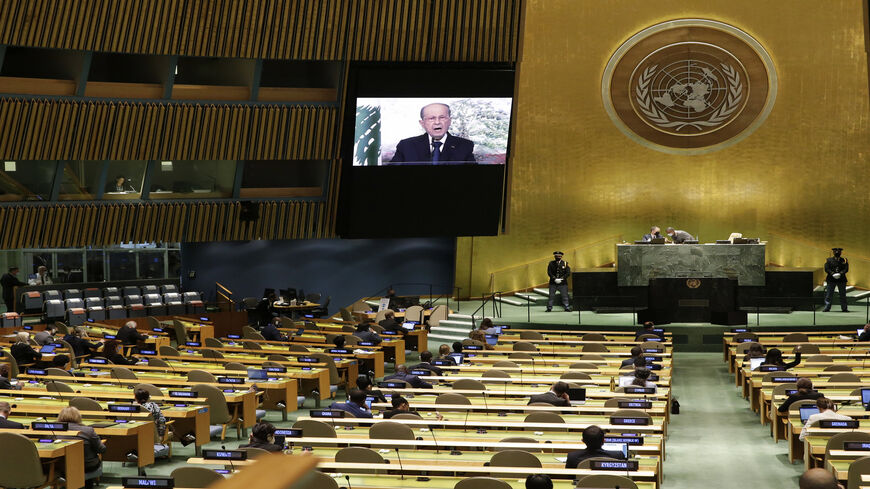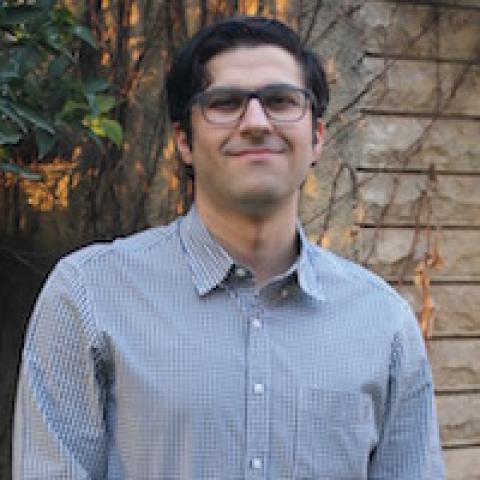Lebanese President Michel Aoun highlighted the crisis of Syrian refugees in Lebanon at the United Nations Friday, as well as inaction by the international community on the issue.
Aoun addressed the UN General Assembly via a video message. In his remarks, he said that there have been negative effects as a result of the “displaced Syrians that flowed into Lebanon.”
“I have raised this issue at numerous forums, especially at the UN itself, showing the disastrous socio-economic, health and security effects of the displacement,” Aoun said.
The statesman went on to accuse the international community of inaction in terms of ensuring a safe return of Syrian refugees to their home country.
“I appealed to the international community for help to ensure a safe return for displaced people, but, unfortunately, they didn’t respond at all,” he said.
Lebanon is home to more than 850,000 Syrian refugees, and around 1.5 million Syrians in total. The refugees fled the Syrian civil war, which began in 2011. Lebanon’s population is around 7 million people and only Turkey hosts more Syrian refugees than Lebanon. There was also spillover violence from Syria inside Lebanon in the early years of the war. In addition, Lebanon hosts more than 100,000 Palestinian refugees.
In addition to the refugee situation, Lebanon is in the midst of a devastating economic crisis. The Lebanese pound has lost around 90% of its value since 2019, there is a major fuel shortage and public electricity is out most of the day. Like their Lebanese neighbors, Syrian refugees have suffered severe hardships in this context, including job losses and psychological trauma resulting from the August 2020 Beirut port explosion.
In neighboring Syria, the government of Bashar al-Assad now controls most of the country, though the war is still raging, especially in the rebel-controlled northwest. Many Syrians are fearful to return to government territory. Other refugees fled the rule of hard-line Islamist rebel groups.






